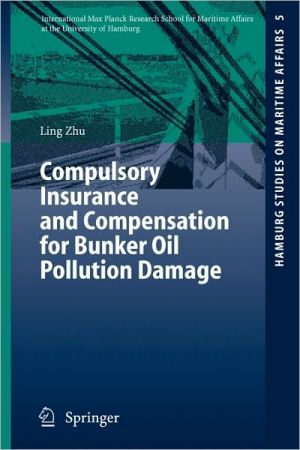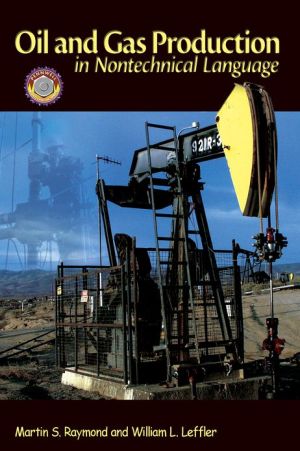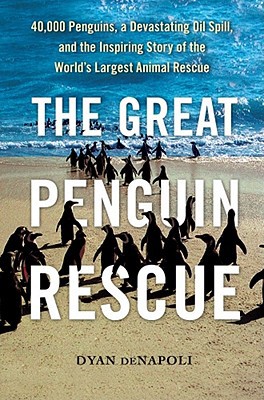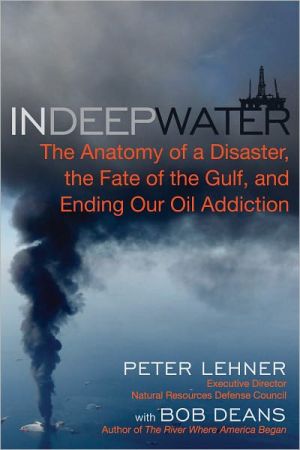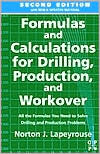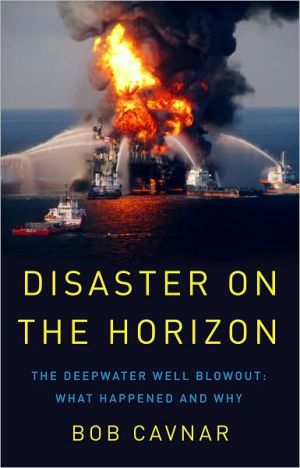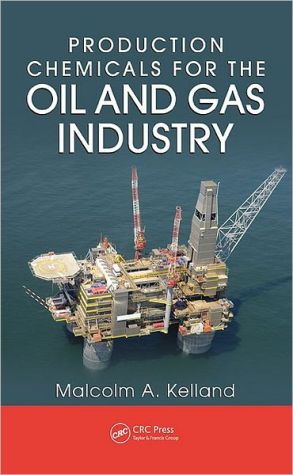Compulsory Insurance and Compensation for Bunker Oil Pollution Damage
Oil tankers are not solely to blame for pollution at sea. Non-tankers have released numerous spills. The International Convention on Civil Liability for Bunker Oil Pollution Damage has been adopted, but has not yet come into force. This timely and comprehensive book studies compulsory insurance, its main purpose of ensuring compensation and its interrelations with other features such as the rule of strict liability, the limitation of liability of that convention.
Search in google:
Oil tankers are not the only vessels that have caused oil pollution at sea. Numerous spills in the past have been of heavy fuel oil from non-tankers. However, the international liability and compensation regime covered only oil pollution damage caused by oil tankers. There was thus a need to bring the law on marine oil pollution responsive to oil pollution damage caused by non-tankers. In March 2001, the International Convention on Civil Liability for Bunker Oil Pollution Damage was adopted following a diplomatic conference at the International Maritime Organization. Though this convention has not yet come into force, its various aspects should already be considered as they will surely affect the maritime industry as a whole and the non-tanker sector, in particular. This book provides a timely and comprehensive study on the concept of compulsory insurance, its main purpose of ensuring compensation and its interrelations with other features such as the rule of strict liability and the limitation of liability under the convention.
Abbreviations XVIntroduction 1The aim of the research 3The scope of the research 3Methods used for the research 5Pollution from Ships' Bunkers and the Advent of the Bunkers Convention 7A brief history of the development of the oil spill civil liability system 7Tovalop and Cristal 8International Conventions 10The need for the Bunkers Convention 13The scope of earlier conventions 13National legislation and the background work on the Bunkers Convention 14Risk and technical considerations 18The birth of the Bunkers Convention 20Overview of the Bunkers Convention 20Categories of ships 20"Ship" 20Does the Bunkers Convention apply to oil tankers? 20"Warships" 21"Oil" 22Scope of application 23Liability established by the Bunkers Convention 26Liable parties 26Channelling of liability 27Shipowners' liability is joint and several 29The basis of liability and exonerating circumstances 30Limitation of Liability 32Compulsory insurance and direct recourse 33Three prerequisite factors 34"Registered owner of a ship" 34"Gross tonnage" - insurance threshold 35"In an amount equal to the limits of liability..." amount of limitation 38Insurance certificate and its recognition 39Direct action against the insurer 40Time limit for bringing an action 41Jurisdiction, recognition and enforcement 42Other matters 44Adopted resolutions 45Concluding remarks 47The Birth of Compulsory Insurance for Oil Pollution Liability 49Introduction 49The concept of compulsory insurance 50Development of the concept of compulsory insurance 50The system of insurance 52Compulsory insurance as defined in international civil liability conventions 52Insurance or other financial securities 53The need for compulsory insurance for bunker-oil pollution liability 53Possible insurers 55The types of marine insurance and their coverage 55Cargo insurance and its coverage 56Hull insurance and its coverage 57Freight insurance and its coverage 59Protection and Indemnity Insurance 59Brief introduction 59The main risks covered by the P&I Club 60Insurance contract between the shipowner and the Club 62The International Group of P&I Clubs 64The insurers offering coverage for oil-pollution liability 65The P&I Clubs 65Pollution liability clause 66Limitation of liability terms 67The role of the P&I Club with regard to an oil-pollution incident 68Oil-pollution liability insurer 68Measures for an oil-pollution incident taken by the Clubs 69Clean-up or salvage operation 69Source of funding 70Providing legal advice 70Interaction with other international organisations 71The legal framework of the IMO conventions 71Cooperation with the IOPC Fund 72Technical assistance from the ITOPF 72Other insurers offering OPA insurance 73Financial responsibility requirement in the OPA 90 74The concerns of the P&I Clubs to be the guarantors 76Some alternative ways of meeting financial responsibility requirements 77Concluding remarks 79Strict Liability and Insurance 81Introduction 81The basis of liability in the Bunkers Convention 82The difficulties in applying the common law of torts 82Trespass 83Nuisance 83Negligence 84Fault-based liability leads to unfair results for pollution victims 86Strict liability and its application 88The main reasons for introducing strict liability 90Ensuring protection of and compensation for victims 90The impact on the industry 91The industry bears the cost of pollution damage 91Incentive to improve prevention of marine pollution 92Distribution of liability and exceptions to liability 93Who shall be liable? 93Provisions in the CLCs 94Liability of the cargo interest 94Liability of the ship 95The second-tier liability of the cargo-owner 96Liability rule under the Bunkers Convention 97Exceptions to liability 97Types of exceptions in general 98Exceptions available to the shipowner in the Bunkers Convention 99Channelling of liability 103Implementation of liability: insurance 105Proposals during the preparatory work of the Convention 105Two alternative means 107Separate insurance policies 107Co-assurance under one policy 108Concluding remarks 109Insurance and the Quest for Adequate Compensation 111Introduction 111Certification of insurance 111Basic requirements in the Bunkers Convention 111Administrative burden corollary to the issuance of the certificate 112The administrative burden of the flag States 113Port State control regarding the certificate 118Electronic means for the certificate 118The validity of the certificate 119Availability and capacity of insurance for bunker-oil spill liability 121Other related issues 123"Polluter pays" principle 123The significance of Art. 7(8) and financial standing of providers of insurance or financial security 125Mutuality 128The meaning of mutuality 128Role of mutuality 129The ability to absorb large claims 129Possible motivation for risk minimisation 130Liability insurance and compensation fund 131Adequacyand other types of compensation 132The willingness of P&I Clubs to increase their coverage limit 133The compensation paid by the cargo interests 134Compensation paid by other jointly liable persons 136"Joint and several liability" rule in relation to the compensation purpose 136Bareboat charterer 137"Demise charterer" or "bareboat charterer"? 137The insurance of the bareboat charterer 137Operator and manager 139Liability as the time or voyage charterer 140Definitions 140Compensation paid by the time or voyage charterer 140State liability and contributions 141Concluding remarks 143Limitation of Liability and the Limit of Insurance 145Introduction 145The global limitation of liability system in relation to ships 146Limitation of liability rule in general 146The 1957 Convention, 1976 LLMC and its 1996 Protocol relating to tanker-oil pollution liability 150Limitation rules in the Bunkers Convention 152Pollution damage eligible for limitation 153Pollution damage arising from a bunker-oil spill 153The claims subject to limitation under the 1976 LLMC and its Protocol 154The amount of the funds available under the LLMCs 157Other aspects relevant to claims for bunker-oil spill liability under the 1976 LLMC and its Protocol 159Conduct barring the right to limit 159Constitution and distribution of the limitation fund 160The right to limit liability 161The reasons for maintaining the right to limit 161Unsatisfactory outcome of the limitation regime 162The relation of limitation of liability and insurance 164The insurability and limitation of liability 164The possibility to have a unlimited liability 166Concluding remarks 169Direct Action against the Insurer and its Limited Effect 171Introduction 171Rights of a third party to claim on the insurance policy 172Assignment 172Direct-action statutes 174English law 175United States legislation 177The limited effect of direct action under P&I insurance 178Coverage and exclusions of P&I insurance 179P&I insurance is one of indemnity 179"Pay to be paid" rule 181Other defences of a Club against the claim from a third party 182Direct-action right under the Bunkers Convention 182"The defences...which the shipowner would have been entitled to invoke" 184Meaning of the phrase "wilful misconduct of the shipowner" 185Interpretation of "wilful misconduct" in relation to limitation of liability 185Interpretation of "wilful misconduct" in insurance law 188The determination of a competent court 188"Wilful misconduct in P&I insurance 188"Wilful misconduct" in Article 7(10) 189Scope of the claim: pollution damage 190The uncertain nature of liability for pollution 190"Pollution damage" in tanker-oil spill incidents 191CMI guidelines on oil-pollution damage 192The policy adopted by the IOPC Fund 193Viewpoint of the P&I Clubs 195Pollution damage under the Bunkers Convention 195Recourse action 196Concluding remarks 198Outlook on Insurance and Compensation for Bunker-Oil Pollution Liability 199Introduction 199Main interests in the insurance system 200Victims: "Loss of cover" and full compensation 200Loss of cover 200"Small ship" issue 201Adequate compensation 201The P&I Clubs: maintaining their sustainable development 203Shipowners: the central actor 203The comparison of the insurer's exposure to the CLCs and the Convention 204The types of ships involved 205The number of ships involved 205The limitation of liability 205Concluding remarks 206Summary of Study 209The concept of compulsory insurance and its compensation purpose 211Other features of the Bunkers Convention and their interrelations with compulsory insurance 213Bibliography 215Literature 215Documents 223Text of the Bunkers Convention 227Index 239
